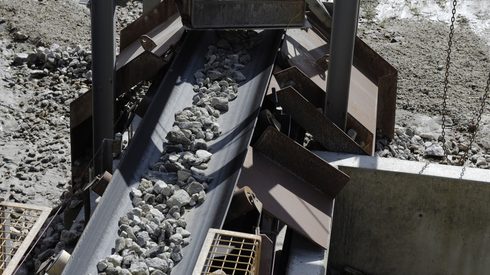The proposal follows feedback from market participants about the long-lasting absence of a pig iron trade from Russia’s Baltic Sea ports, and that this trade was unlikely to restart in the foreseeable future.
Historically, Russia exported pig iron through Baltic Sea ports to the US and Western Europe. After Russia’s invasion of Ukraine in February 2022, the US completely stopped purchasing pig iron from Russia, while buyers in Western Europe refused to deal with material affected by the trading sanctions imposed on Russia, and some were heard not to be booking any Russia-origin pig iron.
Some tonnages of Russia-origin pig iron were still shipped to Western European buyers, although the material was transported out of Russia by rail to the port of Riga in Latvia.
Russian suppliers, in turn, mostly redirected their shipments to other Russian ports, shipping material to Italy (from non-sanctioned sources only), as well as Turkey and Asia.
Fastmarkets is proposing to discontinue:
MB-IRO-0001 Pig iron export, fob main port Baltic Sea, CIS, $ per tonne
Quality: 10-15kg, <0.09% manganese
Quantity: 5,000-20,000 tonnes
Location: fob Baltic Sea
Timing: 4-6 weeks
Unit: USD per tonne
Payment terms: Payment upon delivery
Publication: Weekly. Thursday, by 4pm London time.
This price is part of the Fastmarkets steel metals package.
The consultation period for this price discontinuation begins on Monday July 22 and will end on August 19, with changes taking place, subject to market feedback, from August 22.
All short-term forecasts associated with this price produced by the Fastmarkets research team, if any, will also be discontinued.
To provide feedback on the proposal to discontinue the price assessment, or if you would like to provide price information by becoming a data submitter, please contact Marina Shulga by email at: pricing@fastmarkets.com. Please add the subject heading “FAO: Marina Shulga, re: Russia export Baltic Sea pig iron price.”
Please indicate if comments are confidential. Fastmarkets will consider all comments received and will make comments not marked as confidential available upon request.
To see all Fastmarkets pricing methodology and specification documents, go to: https://www.fastmarkets.com/methodology.





